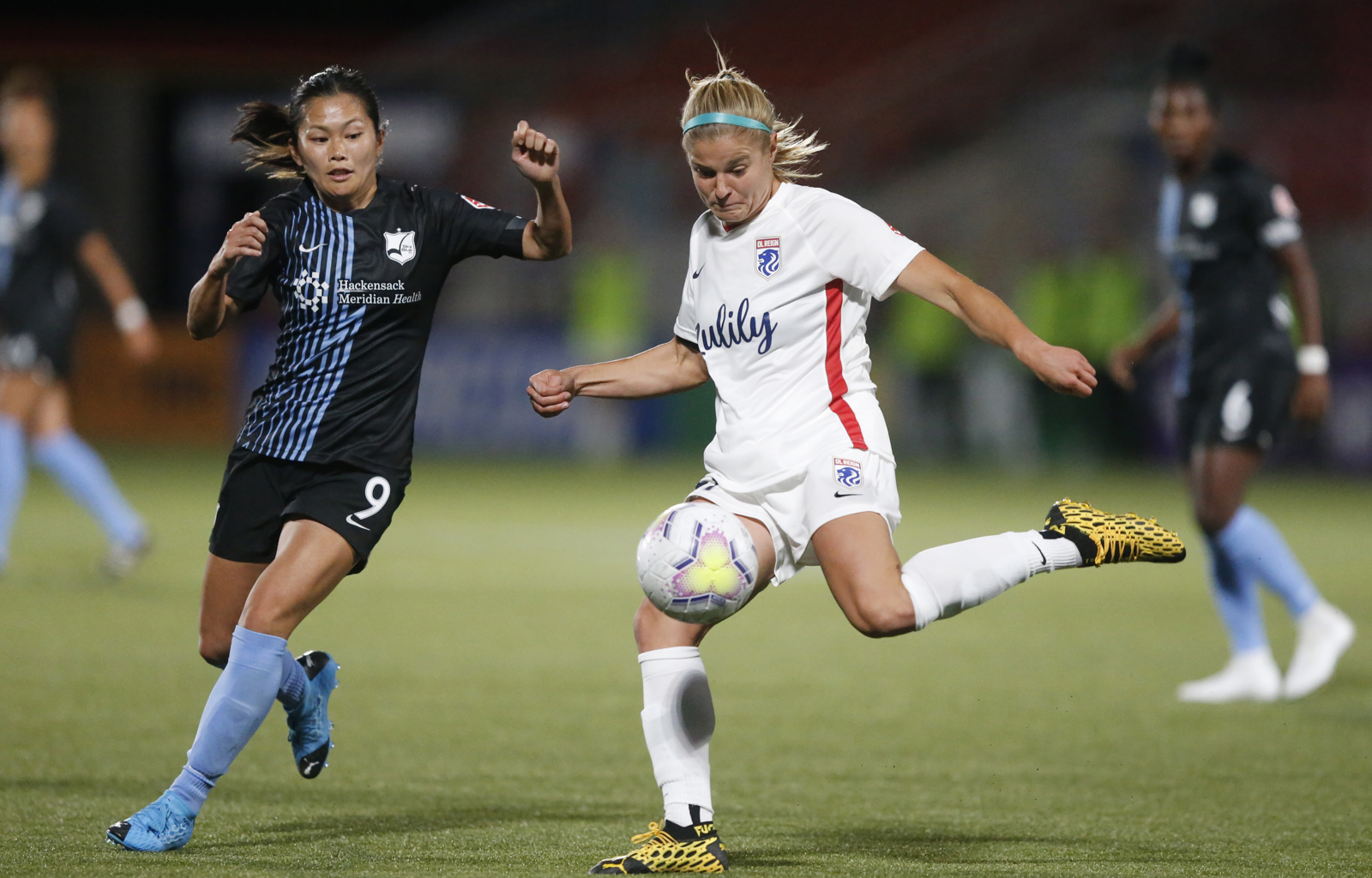
The Player Workload Monitoring (PWM) platform, developed with KPMG Football Benchmark, provides analysis on match scheduling of a representative sample of 85 female players across top leagues and national team competitions.
We are publishing the first women’s football flash report based on data in the platform. The report gives a snapshot of the past season, revealing the disruption caused by the COVID-19 pandemic to the careers of female players.
The following are among the findings in the report, 2021 Flash Report: Player Workload & Impact During the Emergency Calendar:
Players experienced up to 250 days without competitive football
Around three quarter of women’s domestic leagues were curtailed, reducing on-pitch minutes for players. The total minutes played between May 2020 and January 2021 by players featured on the PWM platform fell by 20 percent compared to the nine-month period of July 2019 to March 2020.
Minutes of national team football decreased by 56 percent
The pandemic led to the cancellation of many national team tournaments and friendlies, matches which normally provide much needed elite-level playing time. National team minutes of players featured on the FIFPRO PWM platform decreased by 56 percent between May 2020 to January 2021 period compared to the preceding nine months.
“The PWM platform is a useful resource to help with mapping and developing the women’s game”
— by Sarah Gregorius
Players experienced bursts of intensity after periods of inactivity
After long periods with few games, players faced intense periods of multiple games – with up to 50 percent of games taking place with less than the five days of recommended recovery time. This fragmented calendar increases the risk of injuries, especially where there is a lack of elite sports science resources and minimum medical standards.
Sarah Gregorius, FIFPRO’s Director Global Policy and Strategic Relations for Women’s Football, said the PWM platform is a useful resource to help with mapping and developing the women’s game.
Gregorius, who played 100 times for New Zealand, and had professional stints in England, Germany and Japan, said: “The women’s football calendar is highly fragmented in many parts of the world and this does not lend itself to high-performance football. The COVID-19 pandemic has only exacerbated the stop-start nature of the schedule.
“We are working hard to develop player-focused solutions based on data to address this fragmentation and provide players with an elite competition cycle that allows them to develop personally and benefits the industry as a whole.
“Players are vital in this process and we look forward to continue bringing their views to ongoing dialogue with other football stakeholders.”
About FIFPRO Player Workload Monitoring
In association with KPMG Football Benchmark, the open digital platform provides extensive data about the playing time, travel and recovery periods of a representative sample of male and female footballers. The first flash report about men’s football was published this month.
The platform aims to help the football industry make informed decisions in designing the next generation of national and international competitions so they are sustainable, integrated, and benefit footballers and the game as a whole. As well as identifying overload, it will help identify possible opportunities in markets that would benefit from new and innovative competitions.